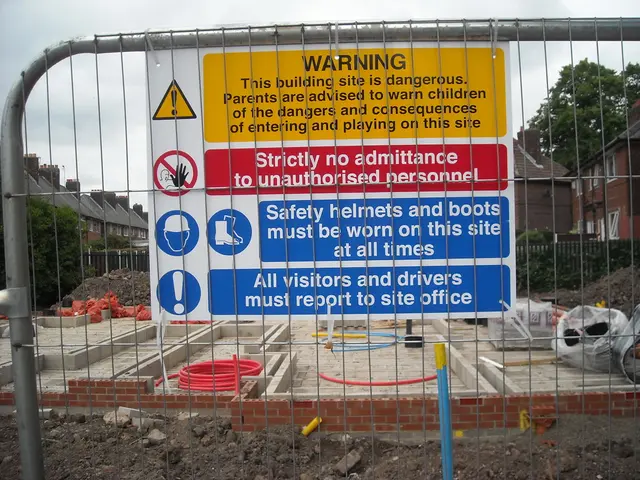USA boycott UN review of their human rights record - U.S. pulls out of UN human rights review in unprecedented move
The United States has announced its withdrawal from the upcoming Universal Periodic Review (UPR) of its human rights record, set for November 7 in Geneva. This makes the U.S. the second country, after Israel in 2013, to refuse a UN review of its kind. The move has sparked concern among human rights advocates and regret from the EU.
The U.S. mission in Geneva stated that participating in the UPR process would lend legitimacy to the UN Human Rights Council, an organization it has long criticized for its composition and actions. The U.S. administration argues that the UN allows known human rights violators to exploit the organization to shield themselves from scrutiny.
The EU, speaking through a diplomat from Cyprus, expressed regret over the U.S. decision. The diplomat emphasized the importance of the UPR's universality, a principle that all 193 UN member states are obligated to uphold. The UPR process, established in 2006, aims to review the human rights records of all UN member states roughly every five years.
The UN Human Rights Council's working group noted the U.S.'s 'non-cooperation' but this carries no immediate consequences. However, human rights advocates warn that authoritarian regimes may follow the U.S. example, further undermining the UPR process.
The U.S. withdrawal from the UPR process raises questions about its commitment to international human rights scrutiny. While the UN Human Rights Council's working group has noted the U.S.'s 'non-cooperation', the long-term implications of this decision remain to be seen. The UPR process, designed to be universal and equal, now faces potential challenges to its integrity.
Read also:
- American teenagers taking up farming roles previously filled by immigrants, a concept revisited from 1965's labor market shift.
- Weekly affairs in the German Federal Parliament (Bundestag)
- Landslide claims seven lives, injures six individuals while they work to restore a water channel in the northern region of Pakistan
- Escalating conflict in Sudan has prompted the United Nations to announce a critical gender crisis, highlighting the disproportionate impact of the ongoing violence on women and girls.






